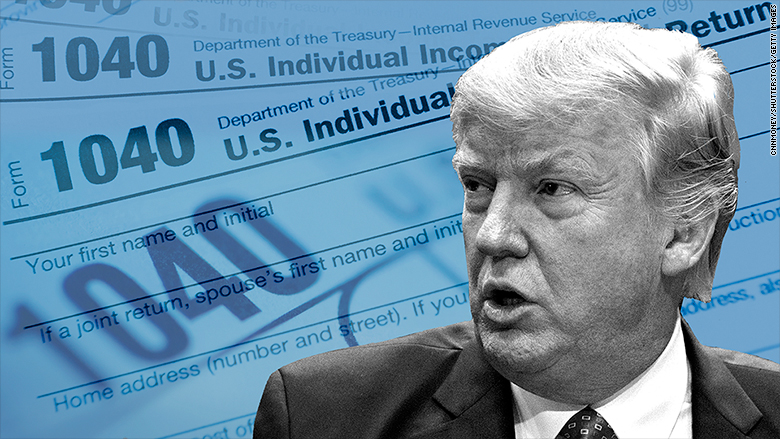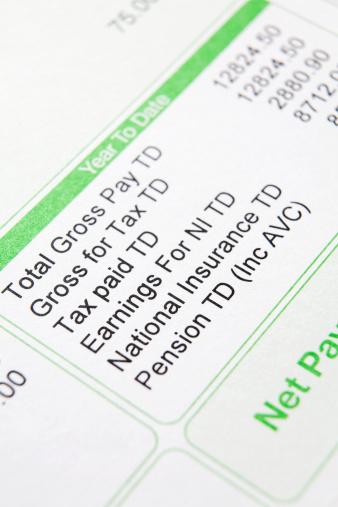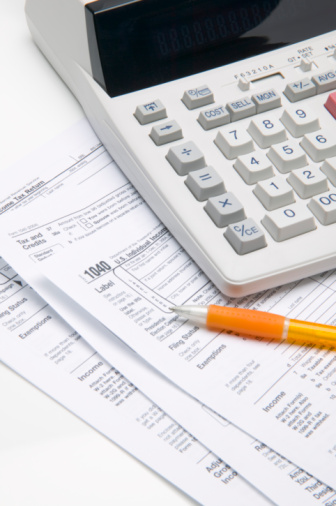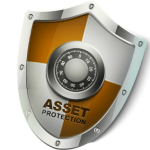European OECD Tax Exchange Agreements
As of November 2016, most offshore jurisdictions have signed on to the Automatic Exchange Agreements demanded by European governments and the Organisation for Economic Co-operation and Development (OECD). All but Panama has agreed to share information with European tax authorities.
On paper, the OECD defines itself as follows: “the mission of the Organisation for Economic Co-operation and Development (OECD) is to promote policies that will improve the economic and social well-being of people around the world.The OECD provides a forum in which governments can work together to share experiences and seek solutions to common problems.”
In practice, the OECD has simply followed behind the US IRS and our Foreign Tax Compliance Act (FATCA), demanding information on the offshore transactions of EU citizens. Both sets of laws require banks, either directly or through their local government agents, to report ownership, control, and banking activity. The focus of FATCA is account size and transactions while the OECD is tax data (gross sales, profits, taxes paid, employees and assets of each entity).
- A history of the OECD’s information exchange program can be found by clicking here.
For a list of countries that have signed on to the agreement, click here. The list is a real eye opener. As I said, the only offshore jurisdiction that hasn’t signed on is Panama.
You’ll find that most offshore jurisdictions have agreed to begin sharing data by 2018. Some, such as Cayman and Seychelles will begin in 2017, while Cook Islands, Belize and Andorra will implement in 2018.
You’ll also find that the list of compliant countries includes all but one… the largest tax haven in the world for everyone but it’s citizens… the U.S. of A.. While Russia, Switzerland, the United Kingdom, Mexico, China, Canada, Singapore, Japan, etc., have all signed on, the United States is nowhere to be found.
The fact that the US has refused to join will create some interesting challenges for US banks operating in compliant countries. How our global banks will coordinate compliance in one country while hiding assets based in America, will open the door to all manner of disputes.
As we international entrepreneurs move into 2017, we do so with the knowledge that privacy in our financial transactions is a thing of the past.
But these new rules shouldn’t dissuade you from protecting your assets offshore. Whether you live in the United States or the European Union, the key to solid asset protection is building a structure that no civil creditor can knock down.
In most cases, offshore asset protection should be tax neutral. It should not increase or decrease taxes in your home country. An offshore asset protection structure should do exactly what it’s name implies… protect your assets.
The key to asset protection is putting up impenetrable defenses, not hiding what you have. Even if a creditor has a road map to your offshore structure, it should be impossible for them to breach the walls of your fortress and get to the gold therein.
In fact, hiding your assets, and not being tax compliant in your home country will put your savings at risk. If you’re caught cheating on your taxes, the penalties will be severe and the value of your trust will be destroyed.
Considering how much effort governments are putting into ferreting out tax cheats, hiding assets should be the last thing on the mind of anyone looking to protect assets. All this does is add risk and pits you against both your creditors and your government.
Hiding assets offshore possible back in the day. Those days are long gone for Americans and Europeans. Now, the industry is all about tax compliant planning.
If you’re reading this and have a non-compliant offshore structure, you should take action immediately. Europeans should shut down, get in compliance, and rebuild a properly reported offshore trust.
We U.S. citizens have significantly more risk than our European counterparts. The US government is aggressively pursuing non-compliant citizens, putting them in jail, and levying mind boggling fines.
If the IRS is not on to you yet, it’s not too late. You can join the Offshore Voluntary Disclosure Program, get into compliance, pay what you owe (if anything), and then rebuild offshore.
If you are living or working abroad, you might be able to get into compliance and pay zero in taxes and penalties. If you’re living in the US and have an unreported account, the penalties will be high, but you can minimize risk and fines by coming forward now.
I hope this post on the OECD tax reporting initiative is helpful and puts offshore asset protection in perspective. For more information on legal and tax compliance asset protection techniques, please contact me at info@premieroffshore.com or call us at (619) 483-1708.











Leave a Reply
Want to join the discussion?Feel free to contribute!